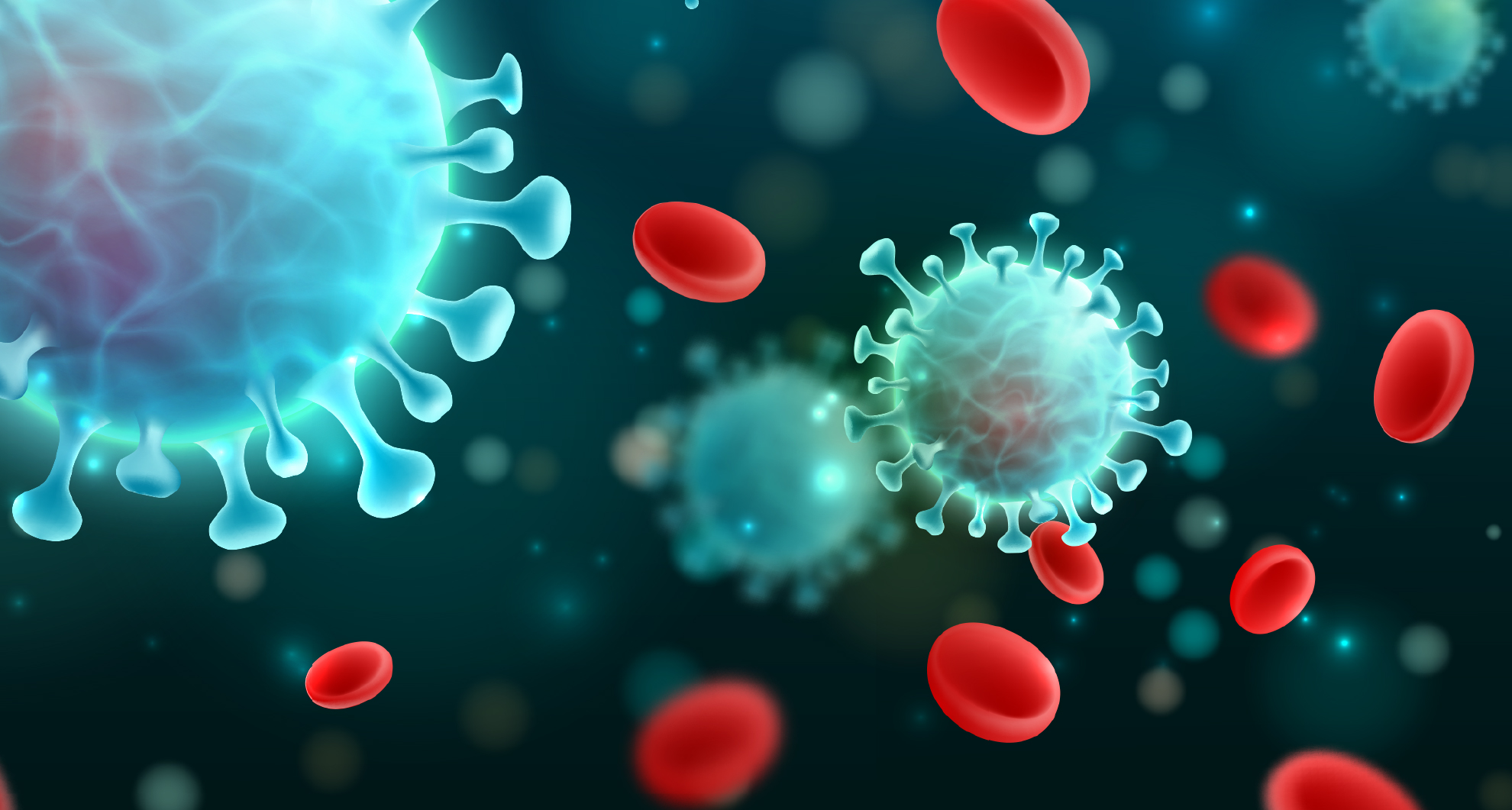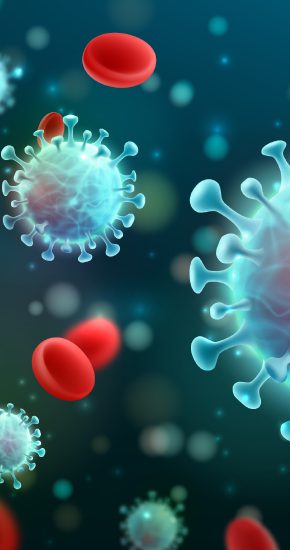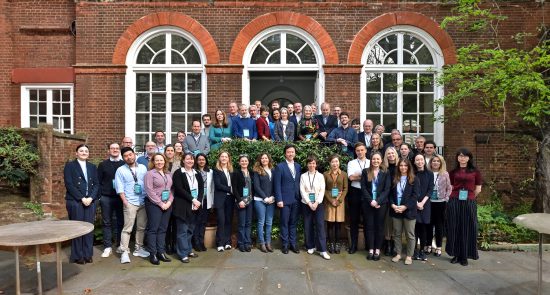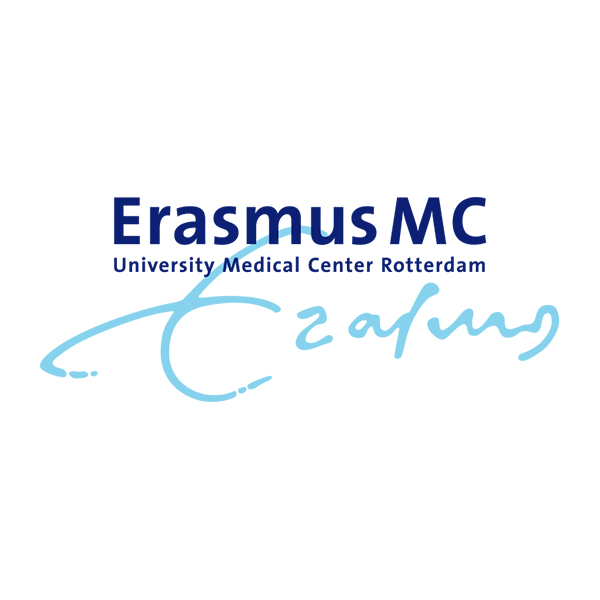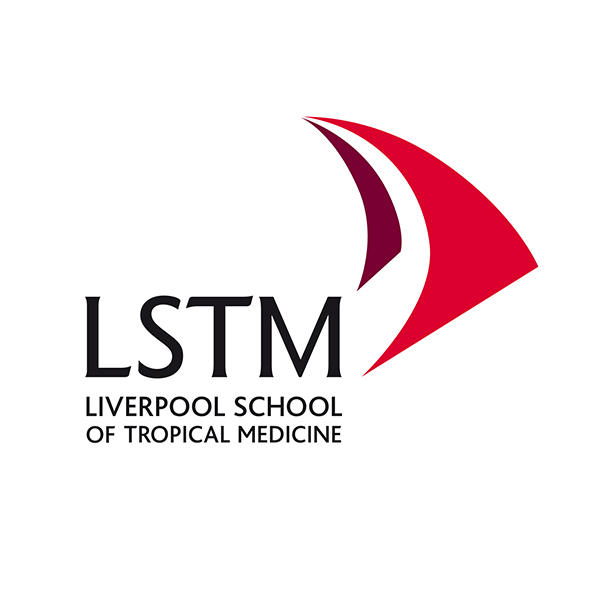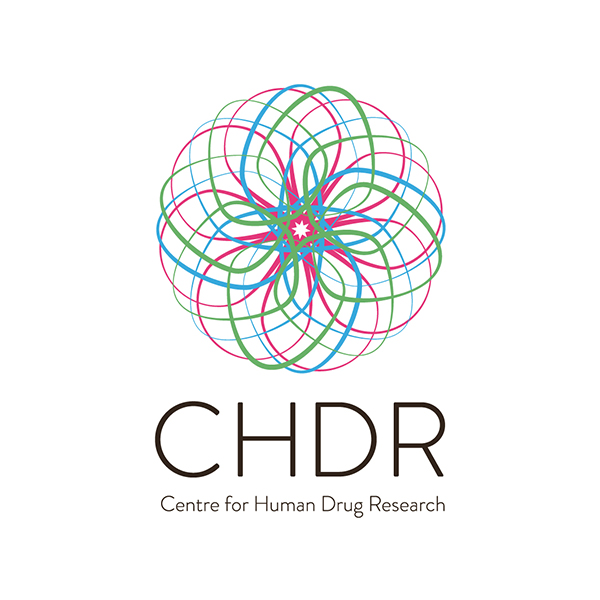“This exciting project enables us to bring together world-class expertise in human challenge studies. Through international collaboration, we will help develop the next generation of transmission-blocking vaccines.”
The science behind MUSICC
Human challenge studies
Human challenge studies are clinical trials in which researchers intentionally expose healthy volunteers to a pathogen (such as a virus, fungus or bacteria). These studies enable researchers to better understand the disease that these pathogens cause. They can also be used to test the efficacy of drug treatments and vaccines.
People taking part in these studies are typically given a small dose of a pathogen through drops or sprays in the nose, oral ingestion, or injection. Medical professionals then closely monitor participants to observe how the body responds and whether treatment is effective in managing or preventing disease.
Human challenge studies have a unique ability to investigate and understand the onset and development of disease in a controlled environment. They allow researchers to tease out complicated interactions and point out potential targets for prevention, vaccines or treatment that cannot be seen in patients who are infected naturally.
MUSICC will run controlled human infection studies where healthy volunteers will be infected with coronaviruses in order to understand how the immune system can prevent infection and transmission and to test vaccines in development.
Learn more about human challenge studies.
Testing new kinds of vaccines
Unlike traditional vaccines, which are injected into muscle, the next-generation vaccines to be tested within MUSICC will be inhaled into the lungs or sprayed in the nose and are designed to induce a type of protection known as mucosal immunity.
Coronaviruses typically infect people through cells lining their nose, throat and lungs. Mucosal immunity generated at these surfaces is highly specialised and very different to immune responses in the blood.
Since it directly acts in the place that viruses enter and exit the body, it could be the key to developing vaccines that can block viruses from being able to spread from one person to another.

